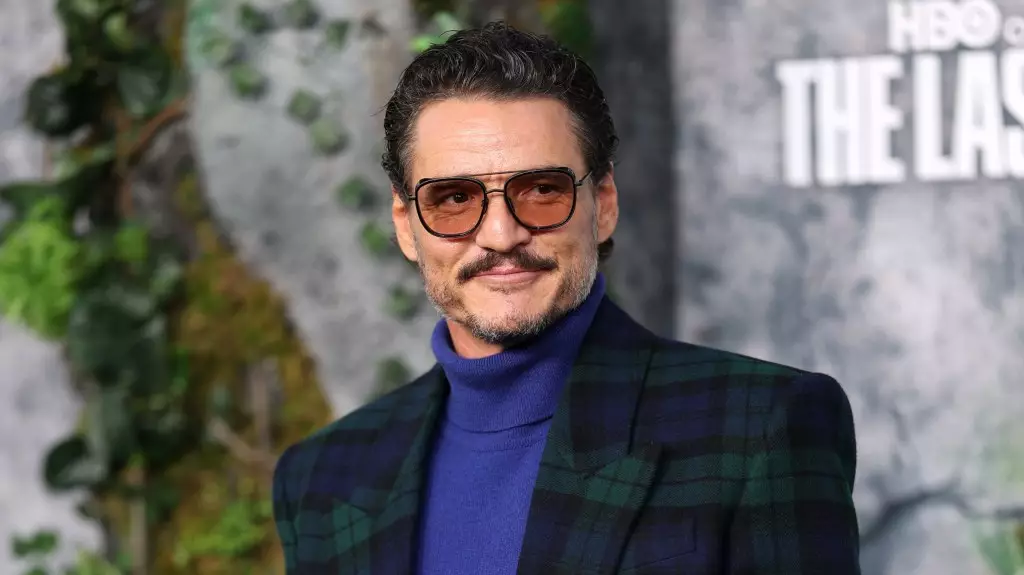Stepping into a cherished universe can be both exhilarating and petrifying, especially for actors like Pedro Pascal, who now finds himself at the forefront of “The Fantastic Four: First Steps.” Set to hit theaters on July 25, this latest contribution to the Marvel Cinematic Universe (MCU) is burdened with the daunting responsibility of reviving iconic comic book characters that have struggled to find their footing in film adaptations. In an industry rife with high expectations and vocal fanbases, Pascal’s admission of intimidation paints a vivid picture of the pressures that weigh on performers in such monumental roles.
The notion of being cast as Reed Richards, a figure embodying intellect and leadership, casts a long shadow for an actor stepping into those shoes. Pascal’s honest reflection on the terrifying prospect of living up to not just the character’s legacy, but also the daunting expectations of fans, underscores a crucial reality in today’s entertainment landscape: authenticity and audience satisfaction must coexist for a film to resonate. Pascal’s previous roles in franchise giants like “Game of Thrones”, “Narcos”, and “Star Wars” have all prepared him to confront this challenge, yet he acknowledges a continuous cycle of self-doubt that accompanies such projects, raising questions about casting decisions against the backdrop of industry pressures.
The Renaissance of Johnny Storm
On the other side of the casting spectrum, Joseph Quinn’s portrayal of Johnny Storm illuminates the shifting dynamics in character narratives. His reflections on the 2005 adaptation starkly contrast with today’s interpretations, highlighting a significant cultural shift. Gone are the days when the character’s recklessness and womanizing antics could be passed off as charming traits; instead, Quinn aims to embed a greater complexity in Johnny, steering his character towards a more self-aware and empathetic representation.
It’s this evolution of character that redefines the dynamics of superhero storytelling. In a world increasingly vocal about emotional intelligence and self-awareness, can we as audiences accept superheroes who mirror societal expectations of vulnerability? Quinn’s take on Johnny reflects a changing audience—a generation that craves depth and avoids one-dimensional portrayals. This presents a challenge for writers and creators: how to modernize characters without losing the essence that made them fan favorites in the first place.
The Challenge of Authentic Storytelling
Navigating the minefield of fan expectations while remaining true to one’s artistic vision is no easy feat. Pascal’s apprehensions resonate strongly in today’s climate, where social media can elevate praise or crucify missteps in mere moments. The balance between honoring established narratives and forging new paths poses an artistic conundrum deeper than just a cinematic repackaging. The stakes are high, and as these actors step into their roles, it becomes imperative that they not only embrace the characters but redefine them in ways that resonate with contemporary audiences.
This sense of responsibility is increasingly palpable within Hollywood. As franchises marry nostalgia with modern storytelling, the challenge emerges: can they successfully interlace enriched character development with thrilling spectacle? In an era hungry for innovation, the success of “The Fantastic Four: First Steps” may well hinge on these artists navigating the treacherous waters between fan service and profound, relatable storytelling.

